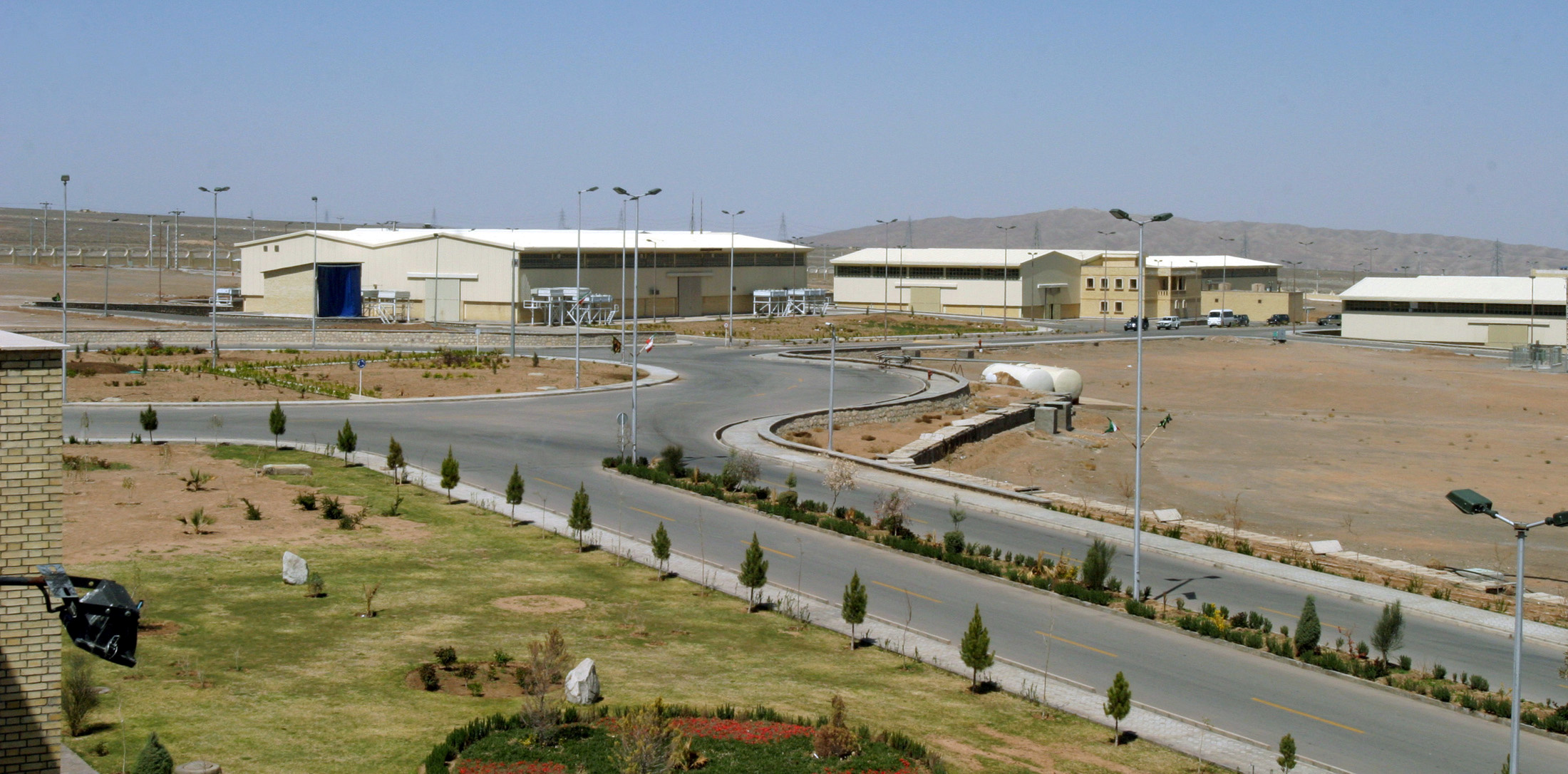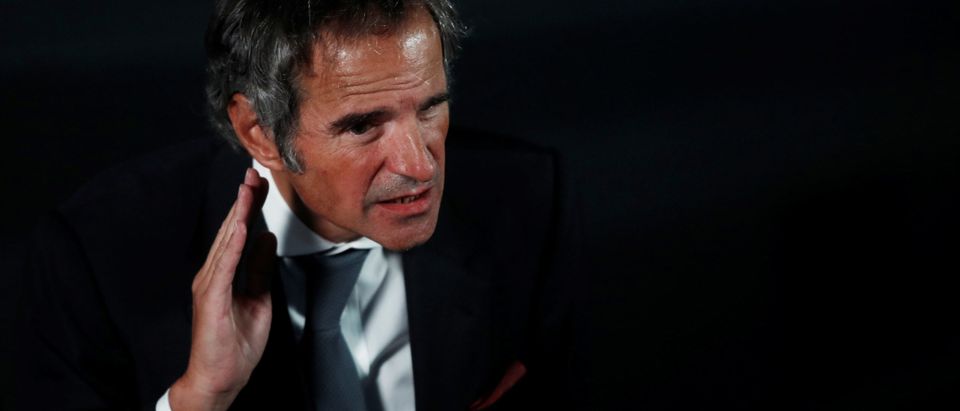The Treasury Department announced new sanctions on Iranian, Chinese and Emirati companies accused of facilitating illicit Iranian petroleum exports Thursday as UN negotiations for a new nuclear agreement threaten to collapse.
The latest designations target three Iranian petrochemical producers as well as two companies in Hong Hong and four based in the UAE that illegally brokered transactions between Iranian petrochemical producers and East Asian buyers, according to a Treasury Department press release. Talks to revive the 2015 Joint Comprehensive Plan of Action nuclear agreement with Iran that would relieve some sanctions pressure, have stalled since March, Politico reported.
“The United States is pursuing the path of meaningful diplomacy to achieve a mutual return to compliance with the Joint Comprehensive Plan of Action. Absent a deal, we will continue to use our sanctions authorities to limit exports of petroleum, petroleum products, and petrochemical products from Iran,” said Under Secretary of the Treasury for Terrorism and Financial Intelligence Brian E. Nelson in the press release.
Administration officials promised senators in a classified briefing on Wednesday that additional sanctions could be in the works, according to Politico.
The move is the first time the Biden administration has invoked an executive order former President Donald Trump created to restore sanctions on petroleum products and petrochemical trade after withdrawing from the Joint Comprehensive Plan of Action (JCPOA) in 2018, Behnam Ben Taleblu, a researcher at the Foundation for Defense of Democracies, told CNN. (RELATED: Analysis: Why Do The Democrats Hate Buying American Oil?”)
Petrochemical sales help Iran create additional revenue inflows to make up for the losses caused by U.S. sanctions, Ben Taleblu told CNN. The administration’s new sanctions are “politically and economically significant,” he said, but they “cannot be a one off, not even if the Biden administration is seeking its stated goal of a nuclear deal based on the JCPOA.”

FILE PHOTO: A view of the Natanz uranium enrichment facility 250 km (155 miles) south of the Iranian capital Tehran, March 30, 2005. REUTERS/Raheb Homavandi/File Photo
Iran’s activity during the first half of June, including shutting down 27 surveillance cameras the UN’s International Atomic Energy Agency (IAEA) used to monitor sensitive nuclear infrastructure and expanding underground facilities at the Natanz nuclear site, have sparked concerns that Iran may nuclearize before an agreement is reached, according to The Wall Street Journal.
Rafael Grossi, head of the IAEA, called Iran’s decision to remove surveillance cameras a “death blow” to potential nuclear negotiations earlier in June. His remarks came after the organization determined that Iran had stockpiled enough highly-enriched uranium to produce a nuclear explosive on May 30.
The Treasury Department did not immediately respond to The Daily Caller News Foundation’s request for comment.
All content created by the Daily Caller News Foundation, an independent and nonpartisan newswire service, is available without charge to any legitimate news publisher that can provide a large audience. All republished articles must include our logo, our reporter’s byline and their DCNF affiliation. For any questions about our guidelines or partnering with us, please contact licensing@dailycallernewsfoundation.org.


